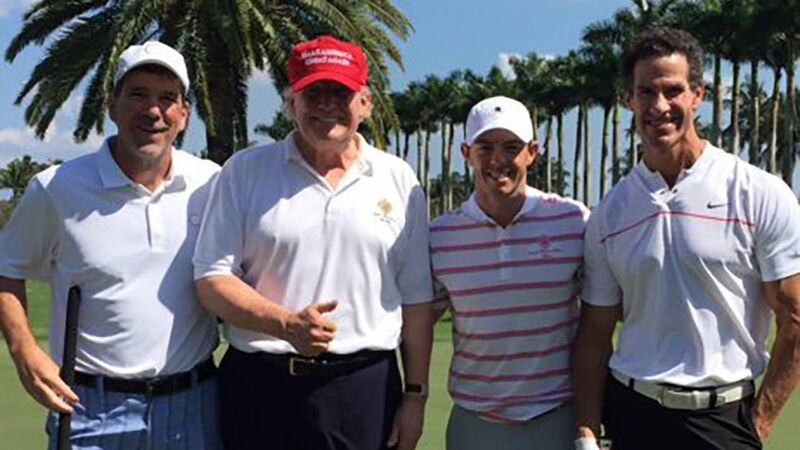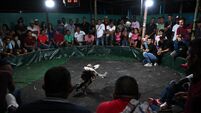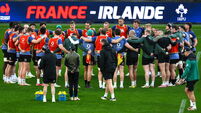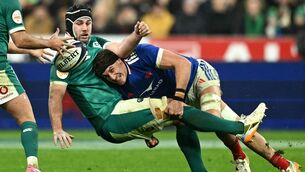Kieran Shannon: Informed athletes no longer willing to simply shut up and play

Rory McIlroy has changed his tune since playing a round of golf with Donald Trump in 2017. Following the appalling events from Capitol Hill last week, even golfing associations are trying to distance themselves from the US President. Photo: ClearSports Twitter
At the start of Donald Trump’s presidency, it’d be fair to say that several Irish golfers were hopelessly unaware of the influence they or any sportsperson could have on social and political matters.
Four long years ago next month, Rory McIlroy accepted an offer to play a round in West Palm Beach with the new occupant of the White House. After continuously spending his election campaign deriding Barack Obama for his occasional fondness to spoil a good walk and vowing that he himself would be too busy working for the American people to indulge in such a triviality, Trump immediately and unsurprisingly reversed that policy. While Obama had waited until three months after his inauguration to tee off, Trump’s round with McIlroy was his sixth in as many weeks. The way he rationalised it on the eve of his election, he’d make exceptions to play “with leaders of countries and people who can help us”.
Already a subscriber? Sign in
You have reached your article limit.
Subscribe to access all of the Irish Examiner.
Annual €130 €80
Best value
Monthly €12€6 / month
Introductory offers for new customers. Annual billed once for first year. Renews at €130. Monthly initial discount (first 3 months) billed monthly, then €12 a month. Ts&Cs apply.









